Key Takeaways
- Silence supports brain development and neuroplasticity.
- Periods of silence trigger a measurable physiological reset.
- Silence builds resilience to stress and fatigue.
- Silence improves emotional regulation, better sleep quality, and psychological clarity.
- Quiet settings are essential for productivity and creative insight
I’m searching for a musician who is producing silence. Imagine if you can play some silence from a sound system, or a Bluetooth speaker, at the end of the day, or in the morning. Wouldn’t that be nice?
But how low do you have to go so it can be considered silence? In this game of sonic limbo, you don’t need to reach 0 dB to experience true quiet. As long as you perceive the environment as silent, it’s enough. A quiet bedroom usually measures around 30 dB. What about the most silent place on Earth – the infamous Anechoic chamber? It reaches -9 dB! But that is an artificial environment.
Silence is something we need, and if that is not intuitively obvious to you, first, I envy you, and second, you probably don’t work or live in a busy environment.
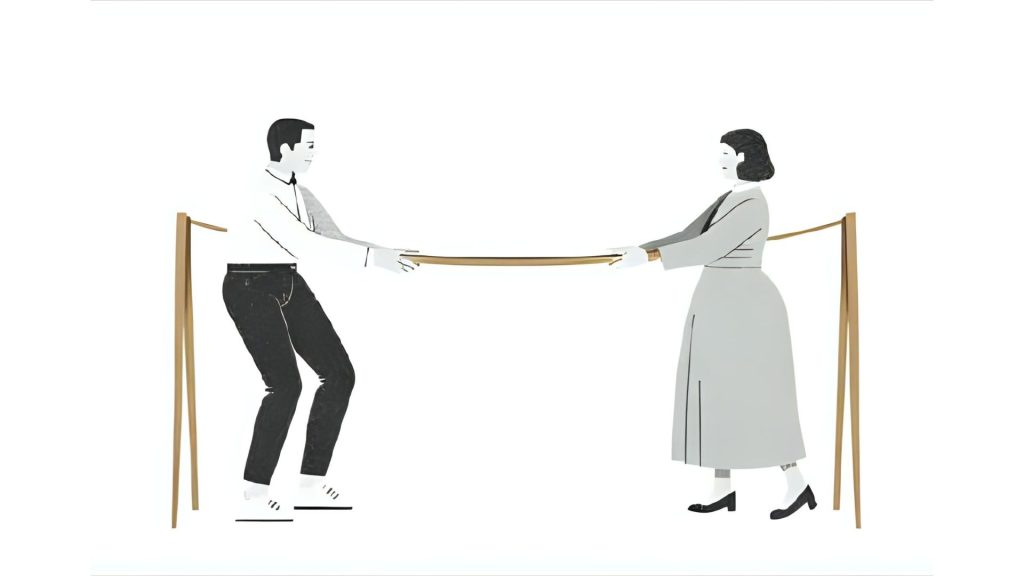
Why Silence Deserves Scientific Attention
Feeling stuck on how to begin this section while the garbage truck roars down the street is a direct example of how noise influences us. Silence is becoming more and more rare, as much as natural gold in nature. I would say it’s becoming a public health issue, but that would be too optimistic. It is not becoming. It has been for years.
In 2011, the World Health Organisation estimated that people in Western Europe lose 1 million healthy life years every year. That means that the cumulative time of being sick because of noise, split between the millions, and millions of people in that region, adds up to 1 million years. That estimation was made in 2011 based on limited data. And the world became noisier since then.
However grim this statistic may seem, at least the negative effects of noise are understood, and we naturally associate them with danger. Silence is paid much less attention, and its beneficial effects need to be better known.
Silence allows our active biological and psychological restorative mechanisms to activate. This has a direct correlation with:
- Improved brain function
- Emotional regulation
- Stress reduction
- Mental clarity

The Neurological Impact of Silence
Avoiding noise is one of the surest ways to reduce stress. There is more to silence than that, though. It actively supports brain health at a cellular and cognitive level.
Brain Growth and Repair
Silence can increase your appetite for cheese and help you grow a tail. Jokes aside, a study published in “Brain Structure and Function” by Imke Kirste in 2013 discovered how different auditory environments affect the formation of new neurons in mice.
The study had several control groups of mice exposed to two hours daily of:
- Silence – in a soundproofed chamber.
- White noise – stimuli with no emotional content for the mice.
- Mouse pup calls – the sounds young mice make. Emotionally relevant to the subjects.
- Classical music – a structured, non-threatening sound.
The rest of the time, they were kept in natural environments. All of the test groups exhibited some level of cell proliferation, but silence resulted in the most significant neurogenesis in the hippocampus, the part of the brain responsible for memory, learning, and emotional regulation. The ones exposed to silence were the only group that retained the new cell formations and managed to turn them into mature neurons.
We saw that silence is really helping the new generated cells to differentiate into neurons and integrate into the system.
– Imke Kirste, neuroscientist.
Humans, even though we like ourselves some camembert or gouda, are not mice. The exact way silence affects the hippocampus is still being studied, but the research suggests that silence promotes brain plasticity. Meaning the formation or regeneration of neurons, typically happening during active learning or physical exercise.
So spending time in silence can have the same effect on our brains as lifting weights or learning a new skill. It could be literally making you smarter. Huh… no wonder the archetype of the old wise monk is usually on top of a mountain.
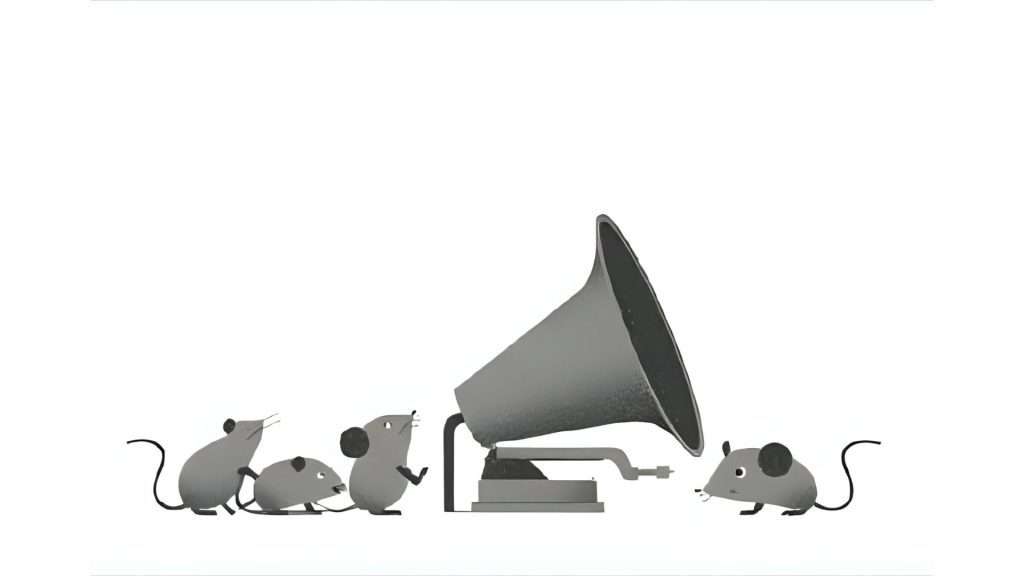
Default Mode Network Activation
If your video game is lagging or the video is not loading, you may have problems with the network connection. But you’d better pray you don’t have problems with the Default Mode Network (DMN). When things are not happening and the brain is not stimulated much, it doesn’t shut down. Instead, it goes into this somewhat standby mode. This complex system of interacting brain regions is most active during wakeful rest. It is critical for:
- Self-reflection and introspection
- Memory consolidation
- Emotional regulation
- Creative insight
For the brain, the lack of stimuli means less information coming in through the senses. Less information = silence. In his foundational study, Marcus E. Raichle first identified the DMN by noting increased activity during “rest” periods in fMRI experiments.
The implication is that silence fuels the very processes that make us self-aware, emotionally balanced, and imaginative.
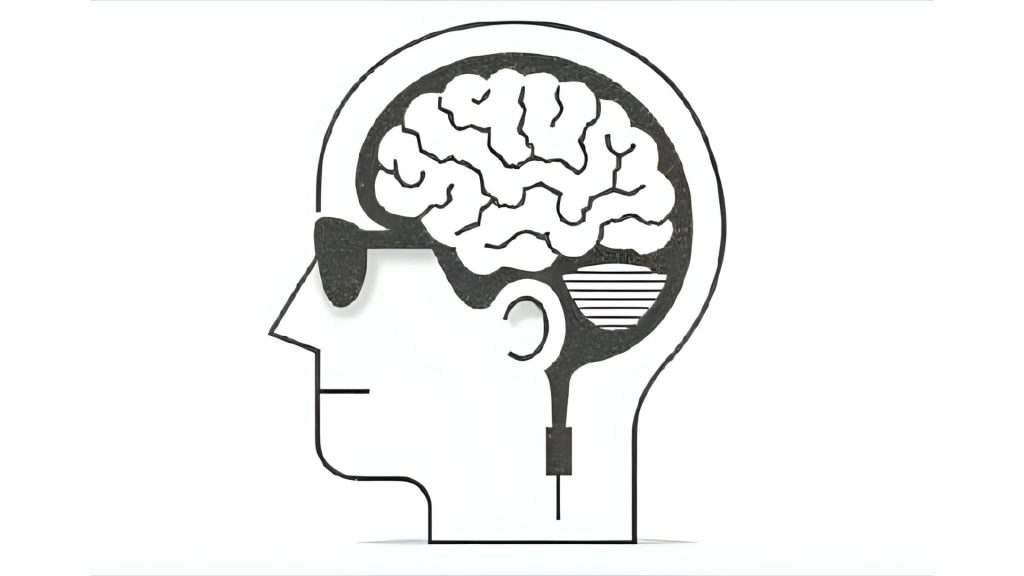
Cognitive Load Relief
The brain does things regardless of our desires or opinions. Like processing background information. We can choose to focus, but we still hear every sound and noise around us. It’s just unconscious. This constant workload, a.k.a. cognitive load, takes energy. The more energy we spend, the more fatigue builds up.
Silence provides a pause button. Without the need to filter or interpret external noise, brain regions involved in auditory processing can begin to rest.
Silence and Stress: A Physiological Reset
Nervous system? Ha… All my systems are nervous. Especially when exposed to noise. The autonomic Nervous System (ANS) that governs stress, recovery, and baseline organ function can respond to sound and noise, either bypassing the ears if the sound enters the body as a vibration alone, through the brain stem if there is a startling, sudden sound, or cumulatively as a response to daily exposure to noise.
We don’t even need to hear or pay attention to noise for it to affect us. And when there is a constant level of noise, be it from city traffic, construction, people, dogs, cats, lizards – silence gives a physiological window for rest and healing. Play loud music through a speaker in a hospital, and you will be quickly escorted out.
Activating the Parasympathetic Nervous System
Silence is a great sympathiser for the parasympathetic branch of the ANS, or more famously called the rest-and-digest system. Silence allows this system to activate, which in turn slows down the heart rate, dilates blood vessels, and reduces cortisol levels. All are essential for stress recovery.
A landmark study by Luciano Bernardi (2006) published in “Heart” explored the relationship between sound and silence. Human subjects were exposed to classical music tracks of varying tempo, mixed with silent pauses.
Notably, it was the silent intervals, not the slow music, that produced the most pronounced reductions in heart rate and respiratory rate: clear evidence that silence has a stronger calming effect than even soothing music. Not sure what the cheese situation was.
The blank pauses induced greater relaxation than the music itself.
– Luciano Bernardi, MD

Heart Rate Variability: A Window Into Recovery
Heart Rate Variability (HRV) is a marker that measures the beat-to-beat variation in heart rhythm. It can tell us how flexible is the nervous system is and how well it resists stress. Higher HRV reflects a healthy ability to adapt to environmental demands.
Multiple studies, including those of Bernardi (2006) and Zhou(2019), demonstrate that quiet environments measurably increase HRV.
Noise, Inflammation, and the Immune System
We should give noise more credit. It’s actually a pretty good villain. It not only causes stress and fatigue, but also chronic exposure to it has been linked to low-grade inflammation. It contributes to cardiovascular disease, metabolic disorders, and impaired immune response. Such a generous contributor.
The hero of our story, silence, helps restore the balance. As the parasympathetic system takes over, cortisol and adrenaline levels decline, paving the way for anti-inflammatory processes to resume. It’s not dramatic, but it is measurable and cumulative.
Emotional and Psychological Wellbeing
We need a moment for ourselves to process our emotions and figure out what we want to do and how we feel about it. And noise can take that away from us. Silence benefits our mental health so much that even the WHO has estimated that if we are exposed daily to an average of 45 dB, we have a higher risk for depression, anxiety, and cognitive decline. No wonder we feel relief when we go to the mountains, see, or in general leave the city.
Silence creates conditions for emotional regulation and cognitive clarity. Neuroimaging studies show that during quiet states, there is increased activity in the brain regions tied to empathy, introspection, and executive function.
Even sleep quality is significantly compromised by low-level background noise. Even low dB noise can cause micro-arousals, reducing sleep efficiency, REM duration, and the body’s ability to repair overnight. Quiet bedrooms promote deeper, uninterrupted, and more restorative sleep, which in turn influences emotional stability and resilience.
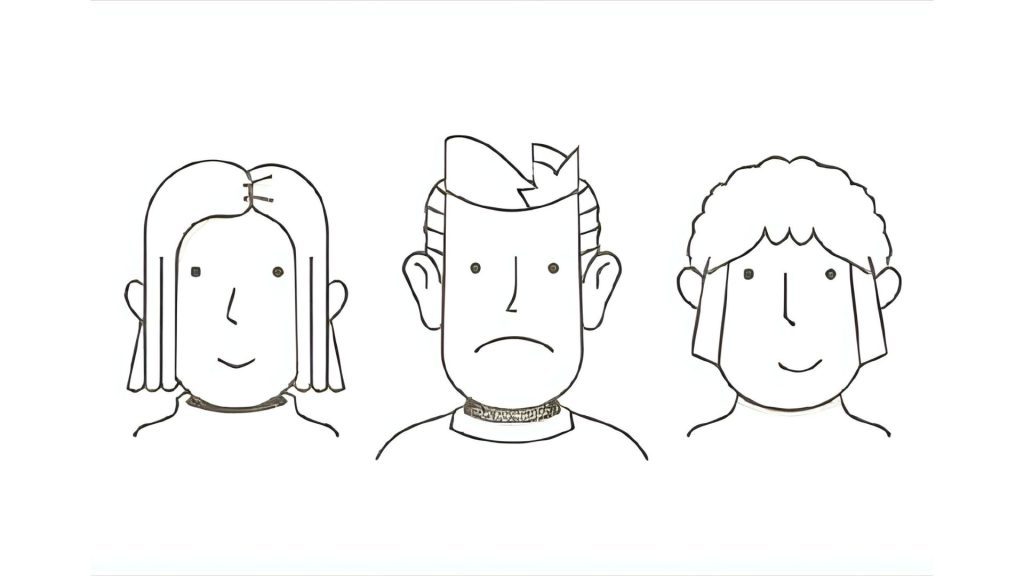
Silence and Productivity: The Amplifier
Auditory stillness directly correlates with enhanced productivity and mental efficiency.
A study by Banbury & Berry (1998) in “Applied Cognitive Psychology” demonstrated that irrelevant background speech, like the one in an office, significantly disrupted performance on memory and attention-based tasks. And that was 27 years ago.
The working memory system is highly susceptible to auditory interference, particularly in knowledge-based roles.
Silence is equally critical for creative work. A different study by Jung-Beeman (2004), published in “PLoS Biology”, found that creative insight is supported by a relaxed state. Quiet conditions allow the brain to engage in spontaneous associative thinking.
Open-plan offices sound great on paper and sure are nice when the boss wants to show new clients around, but they rarely come without downsides. Especially the ones without dedicated quiet rooms for brainstorming and meetings.
They are repeatedly associated with decreased productivity, increased error rates, and higher employee burnout.
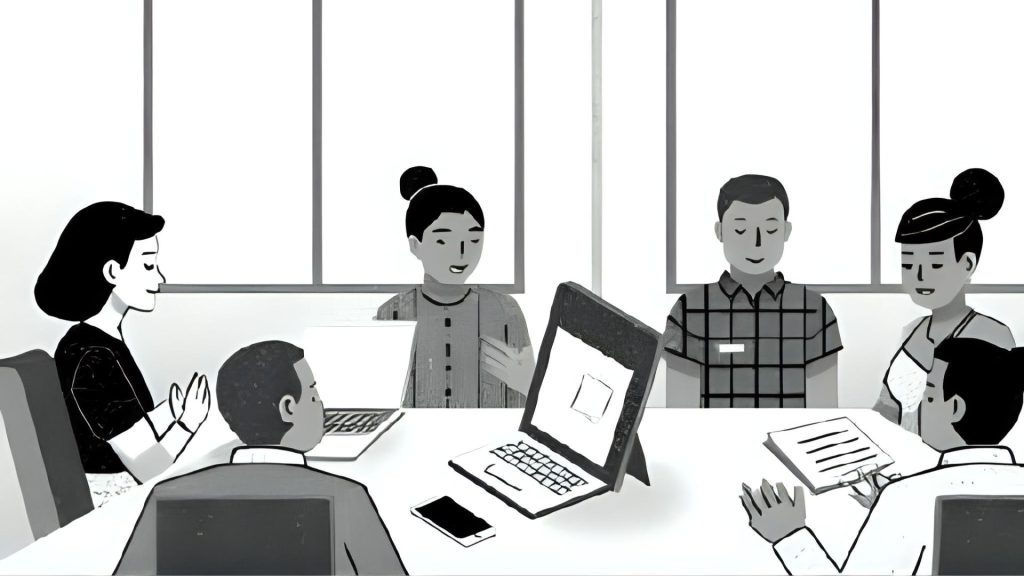
Silence is medicine and allows us to be better versions of ourselves, both psychologically and physically. I’m trying to spend more time in silence, even though it may seem boring. Like a form of meditation.
Sometimes I fall asleep to a podcast, but maybe I have to set a sleep timer on my phone to stop the recording at an hour or so. There are small things we can do to bring more silence into our lives. And remember – small things often accumulate and become larger.

Leave a Reply